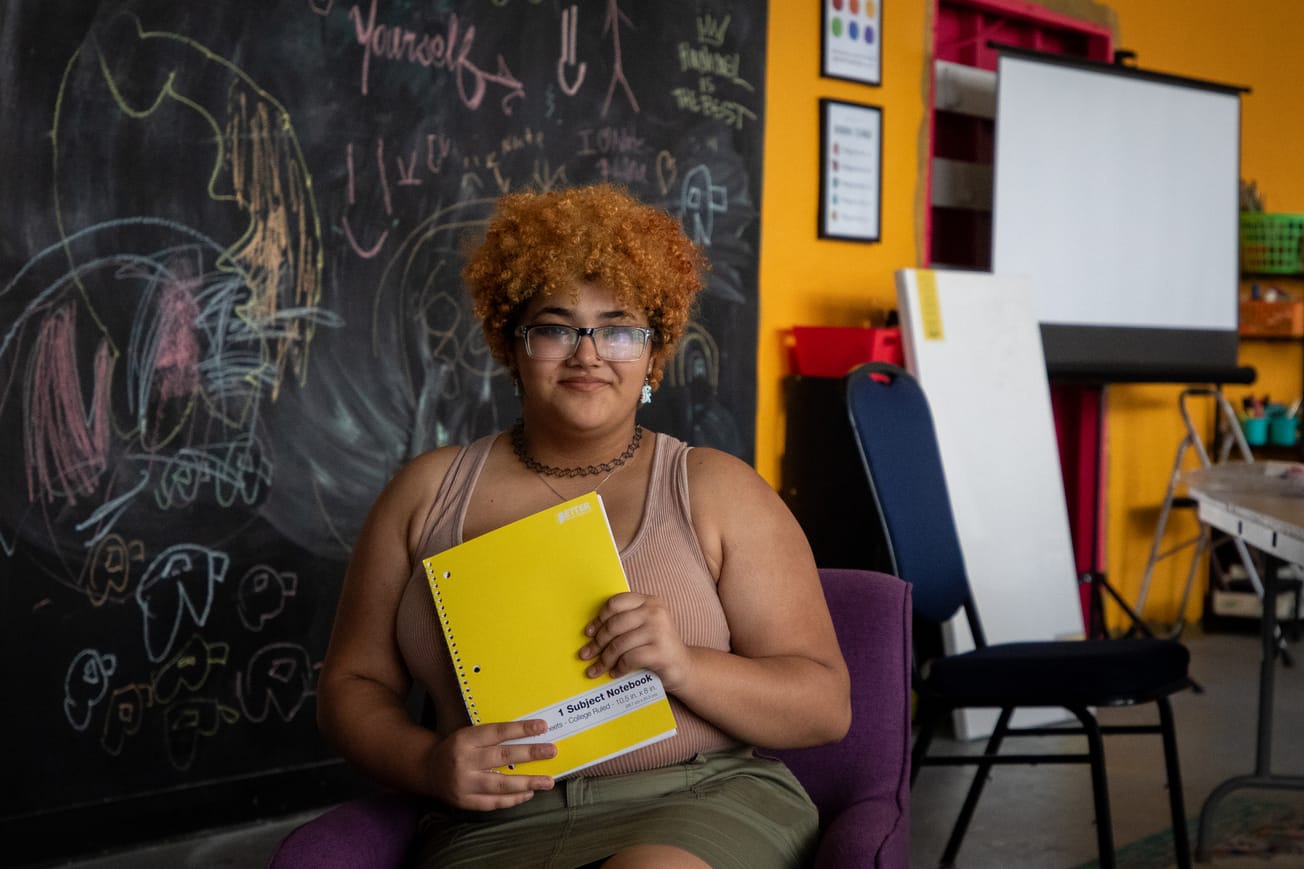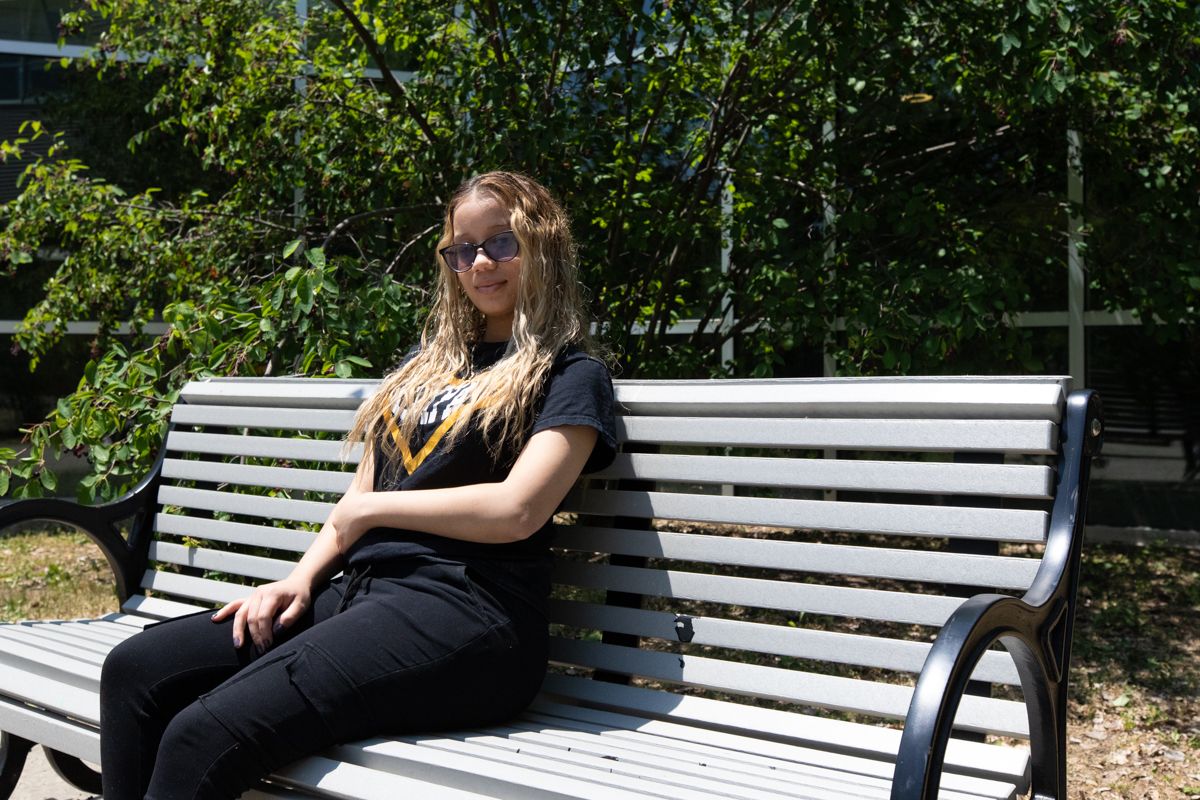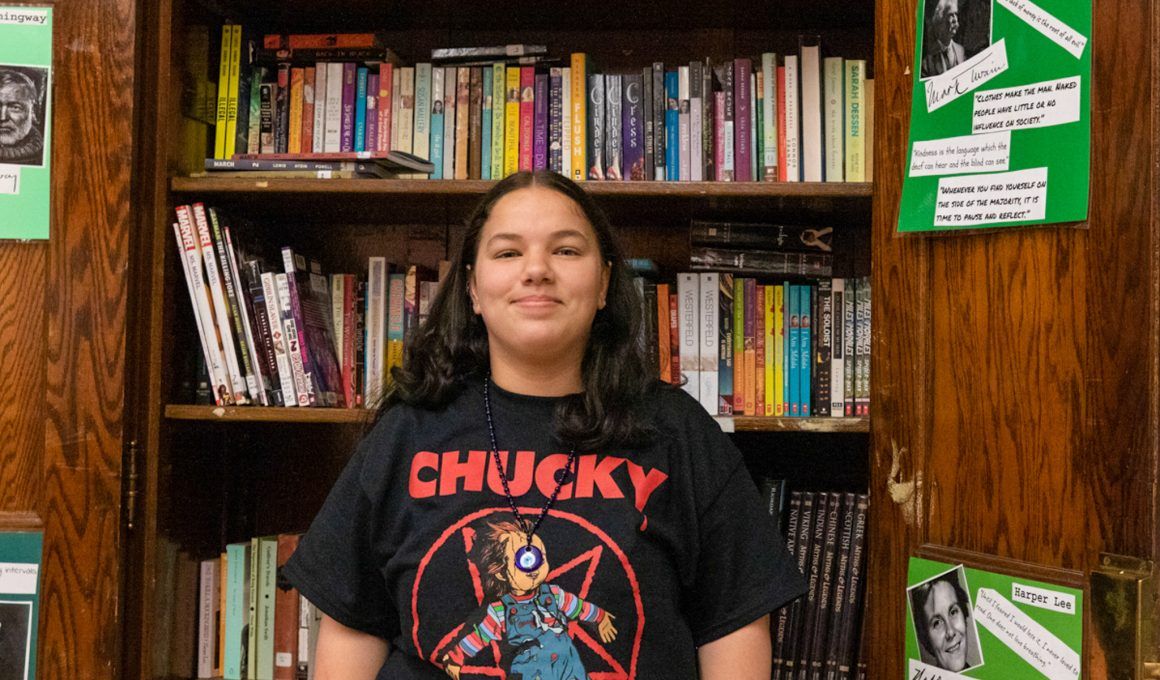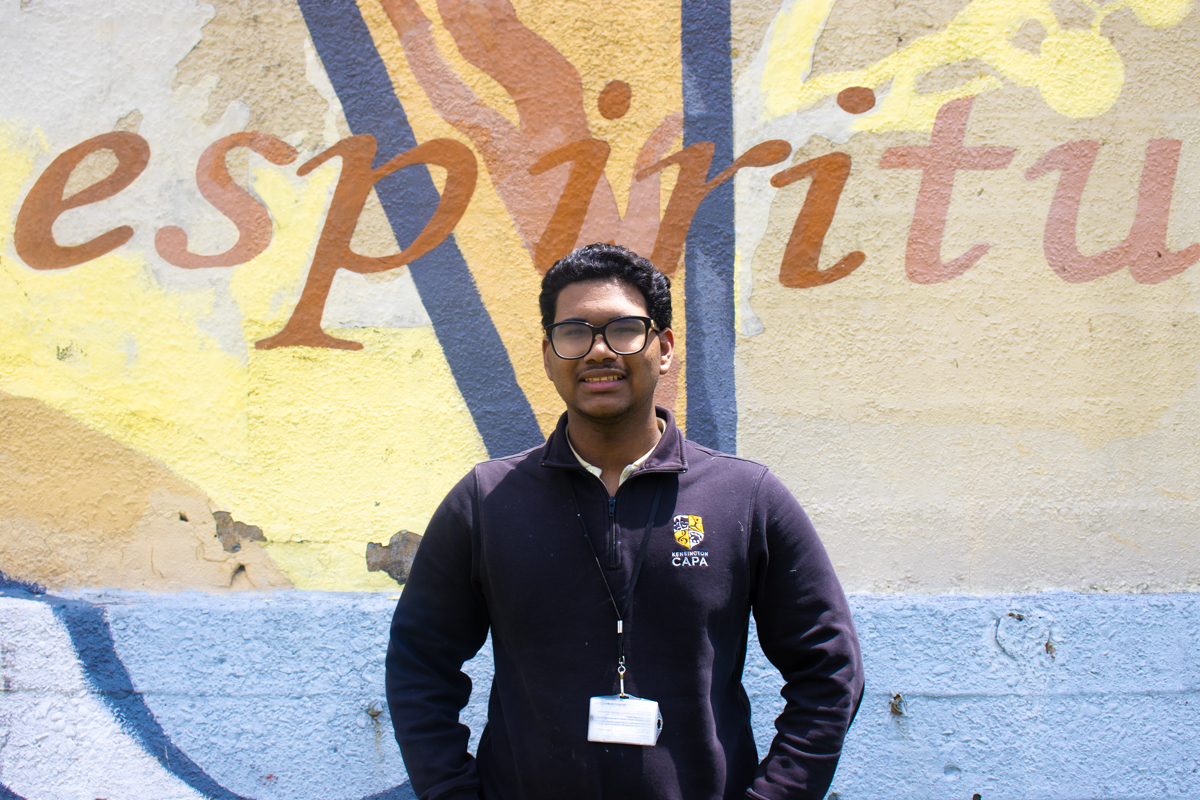Editor’s note: This personal essay was written by Mikah Stellan Thomas, the Trans Equity Project recruiter at Galaei, a queer Latinx social justice organization located in Norris Square.
For most of my life, I have stood in the heat and protested for a purpose. Each time, it was to protect political and civil rights. I went from being a child protesting for the right to vote in Montgomery, Alabama, to an adult supporting the Women’s March in 2018, the Philly Trans March in 2019, and the National Trans Visibility March in D.C in 2019.
This year, I attended the Black Trans Assembly for Abolition (BTA4A) rally and march in Philadelphia on July 4. BTA4A calls attention to trans violence and transphobia within and outside the Black community. BTA4A is an up-and-coming, community-led organizing committee made up of Black people, Indigenous people, and people of color (BIPOC), transgender people, non-binary people, gender non-confirming people, and allies in Philadelphia. Members uplift Black transgender people’s voices, highlight Black transgender people’s resilience, and speak out against transphobia and trans violence by promoting trans non-binary liberation, which is freedom from the oppressive structures that forces marginalized communities into boxes based on our genetalia.
When I recall the BTA4A march, I can still hear the constant taps on the windows from the people incarcerated inside the Philadelphia Federal Detention Center, which is across the street from The African American Museum in Philadelphia. The crowd became silent and listened to the incarcerated people whose voices could only be heard by tapping. The people in the detention center heard us yell and uplift them this past July 4, the same day in 1776 that the United States declared independence for some people but not everyone.
Looking up at a building and hearing dozens of people — with no political voice — banging on glass, really hit home. The experience reminded me that they nor I were alone, even in our saddest and angriest moments. Having to constantly remind folks that marginalized people are living in this country is a societal burden.
Still, living with so many identities and intersectionalities is the real reason I protest. I dedicate my voice to expressing pride for all my intersecting identities: Black, single parent, employee, sister, daughter, niece, aunt, grandchild, ally, friend, and an individual of transgender experience. I also dedicate my voice to earning respect from my family for my transgender experience, which gives me even more intersecting identities: brother, son, uncle, and nephew.
My upbringing and move to Philadelphia
I was born in the small, historic town of Elizabethton, Tennessee, but I grew up in Montgomery, Alabama. I lived in a rural suburb with my Christian, southern Black family who adopted me. My parents were both captains in the Air Force when they met. We had an unconventional family structure for that time period since my mom worked full-time and my dad who was also a civil rights advocate and ordained minister provided support in the house.
While growing up, I attended various Catholic private schools near Emerald Mountain, Alabama where I was often the only Black or biracial person. I also didn’t have many queer friends or friends who were questioning their sexuality or gender. My privileged but isolated upbringing led to my rebellion, which caused my parents to keep me from attending prom, social functions, and hanging out with friends. And then I had a realization. I was mostly restricted to upper-middle-class privilege and light-skin privilege since I presented as being of non-Black race. I did not understand the struggles of my peers who were living in poverty with their single, young parents and being raised in different neighborhoods because I did not live within their experiences. I was furious at my parents for sheltering me. The injustices within society were, in fact, not the life my family portrayed for me. So, I fled to Philadelphia in 2011 at the tender age of 19.
Much of my current character was formed in 2015 when I found real community at local events, like Stimulus’ Back 2 Basics parties, which are Black-led queer parties that are now referred to as SWAY: Philly’s biggest and queerest monthly parties. I also found a gender affirming service provider, Pride Program, which helped me focus my relationships and life on being active in Philadelphia’s LGBTQ+ community. Now, I work as the recruiter for Trans Equity Project at GALAEI, one of the two oldest organizations in the country serving Latinx, Black, POC, lesbian, gay, bisexual, and transgender individuals. Since accepting the position in 2019, I am constantly honored to have taken on a role held by so many leaders who I admire in Philadelphia.

‘Still, there are some victories … but many issues remain’
Spending my twenties in Philadelphia has increased the rage that I feel when having to advocate for people, such as students, elders, and youth, to have basic human rights.
Across the states, lawmakers are passing policies that discriminate against the transgender community. In July, Idaho lawmakers passed two bills discriminating against transgender individuals despite protests. One law banned transgender women and girls from competiting in gender-aligning sports teams. The other prohibits transgender individuals from changing the sex on their birth certificates.
In June, on the national level, the Trump administration revoked gender variant people’s rights against healthcare discrimination by defining “sex discrimination” as when someone faces discrimination for being male or female as determined by biology. Gender variant people don’t conform to male or female genders. This means the administration’s definition does not protect people from discrimination on the basis of sexual orientation or gender identity.
Still, there are some victories — like on June 15, when the Supreme Court ruled in favor of transgender workers being protected from workplace discrimination — but many issues remain. There is a constant need for Black people, the LGBTQ+ community, and youth to come together and fight to ensure our voices are heard.
There are many reasons why I constantly protest, including fighting for the protection of all the people who are held in detention centers and have been torn apart from their families. Whether I’m in Montgomery, Alabama, Philadelphia, Pennsylvania, or Washington D.C., I will continue to protest and rally in support of trans non-binary liberation and civil rights for Black people, transgender people, people with disabilities, people with mental health issues, immigrants, and others.
Editors: Siani Colón, Claire Wolters, Zari Tarazona / Designer: Henry Savage
What did you think about this story? Send a note to editors@kensingtonvoice.com, and we’ll consider publishing it in our Voices section. You can also tell us what you think in person at our neighborhood events.





